Published May 2024 | Updated February 2025
Buying a rug online can be intimidating—how do I know which rug material is best for my needs? Will it match my home décor style? What size area rug should I order? How do I order a rug online? What if I need to talk to an expert? Thankfully, we put everything you need to know in this one place so you can buy the perfect rug.
Here is the portal to our decades of expertise—research rug materials and their best uses, learn about rug placement and rug size, how to pick a color or a border, how to order your rug online, how to contact us for more help with your project and more.
Table of Contents
- The Ultimate Guide to Rug Fibers: Everything You Need to Know
- How to Choose the Perfect Rug for Every Room in the House
- How to Choose the Right Rug for Every Design Style
- How to Choose a Rug Color
- What size rug do I need?
- Tips on Stair Runners and Their Installation
- Border Options for Custom Rugs
- Do I really need a rug pad?
- How do I order a custom rug or broadloom carpet?
- Shipping, Delivery & Preparing for Your New Rug or Carpet
- How do I care for my new rug or carpet?
- Flat Weave Carpet Installation—Everything You Need to Know
- Rug & Carpet Glossary

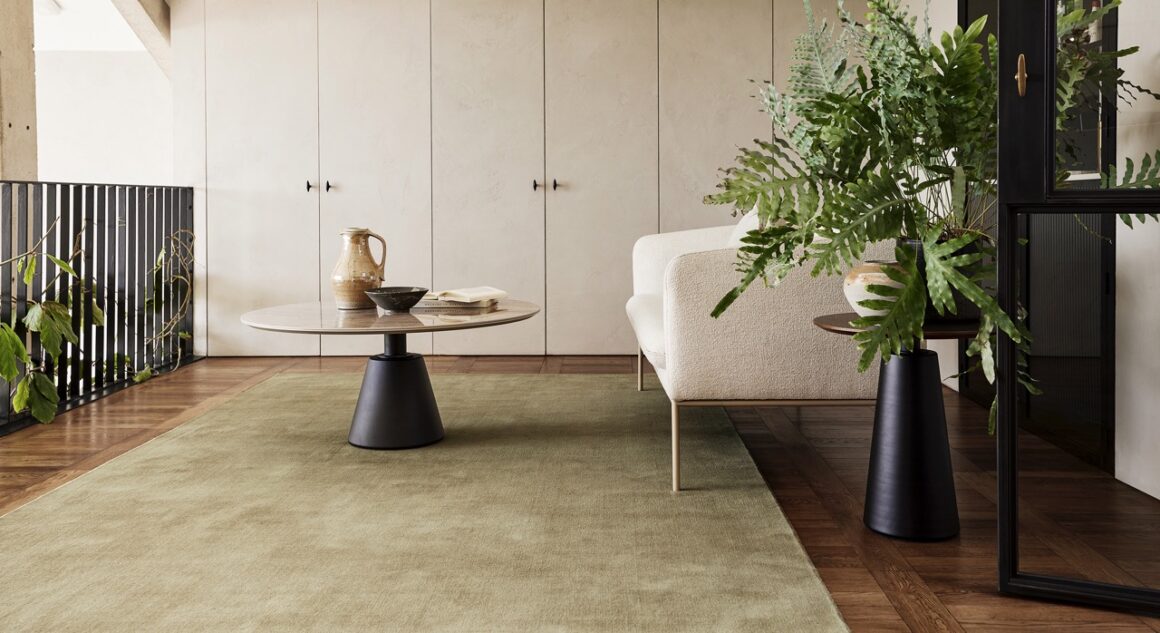
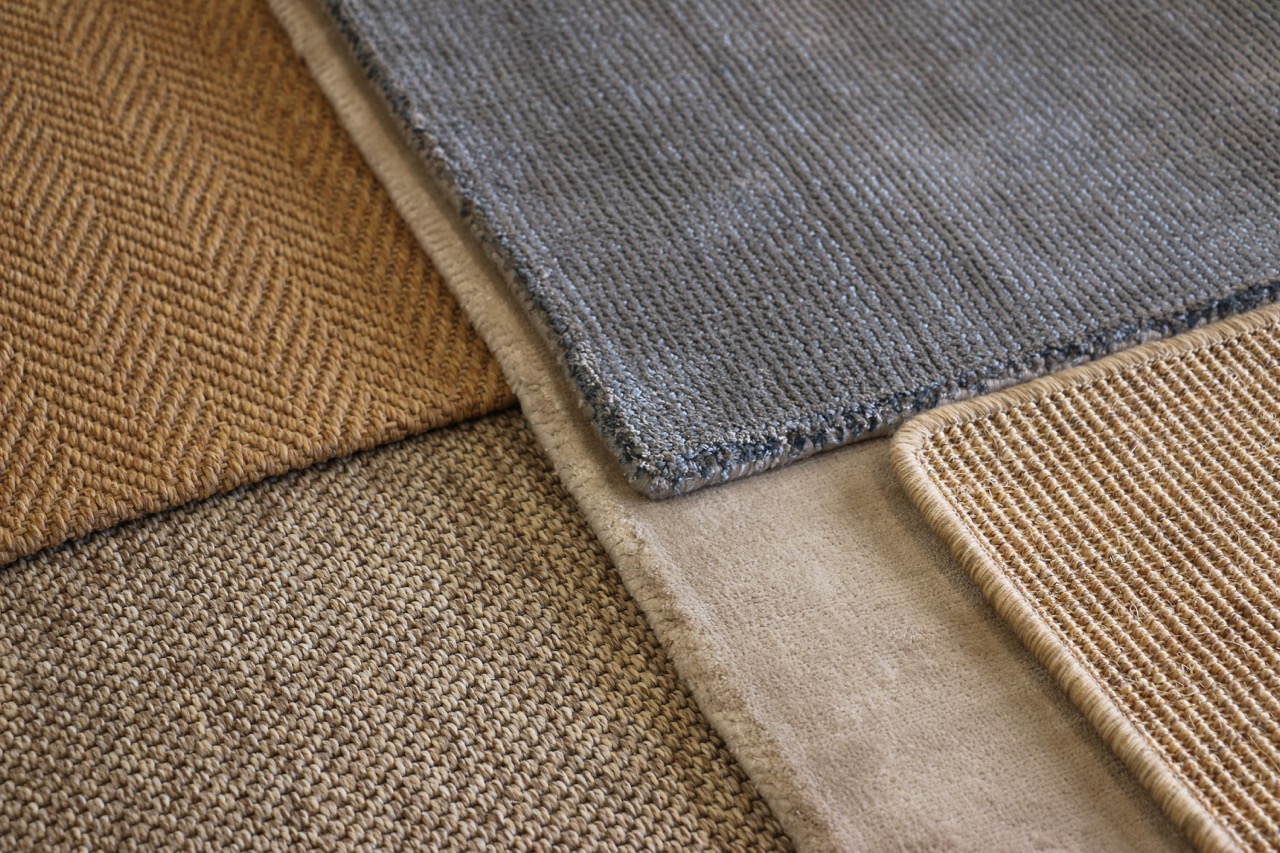
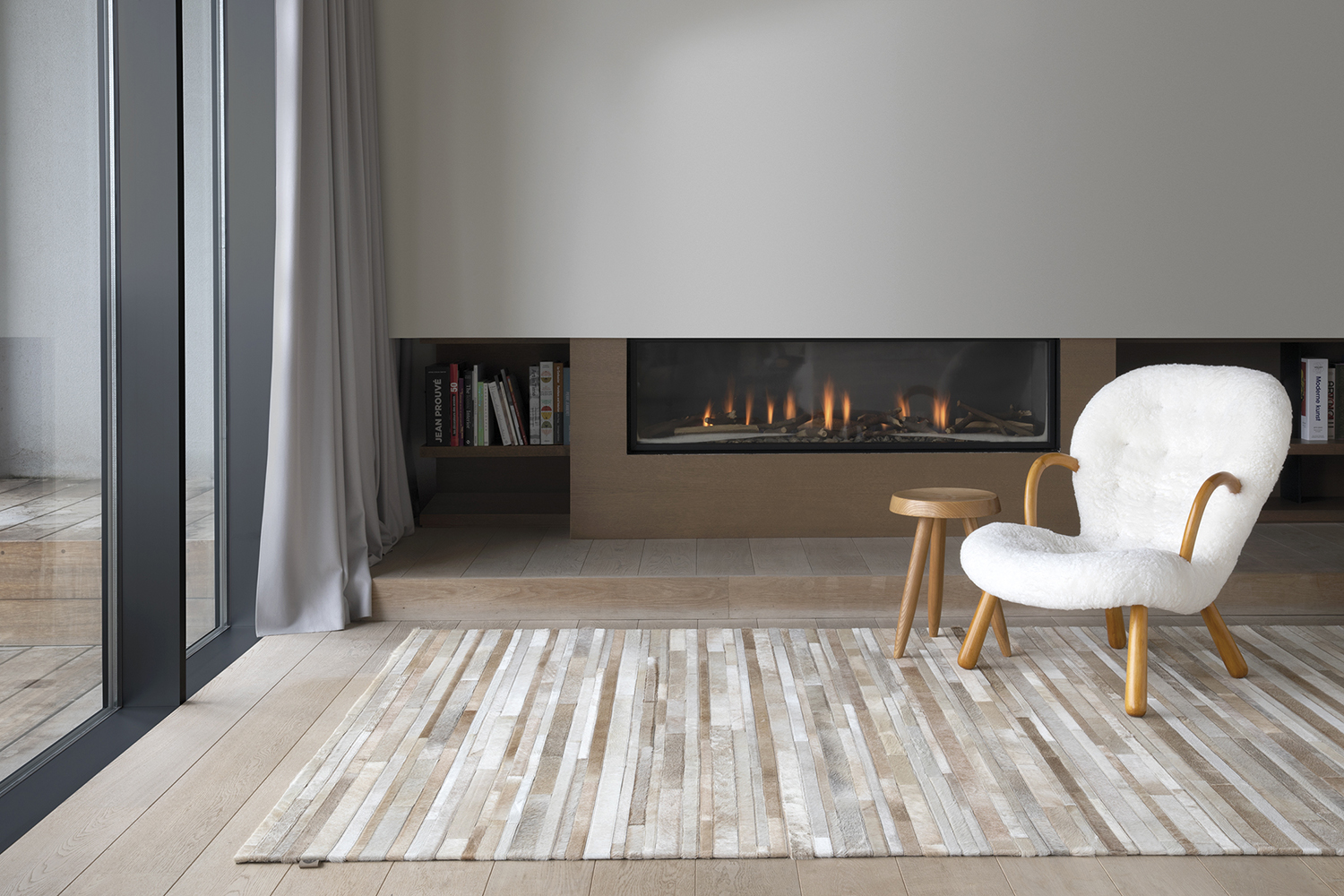
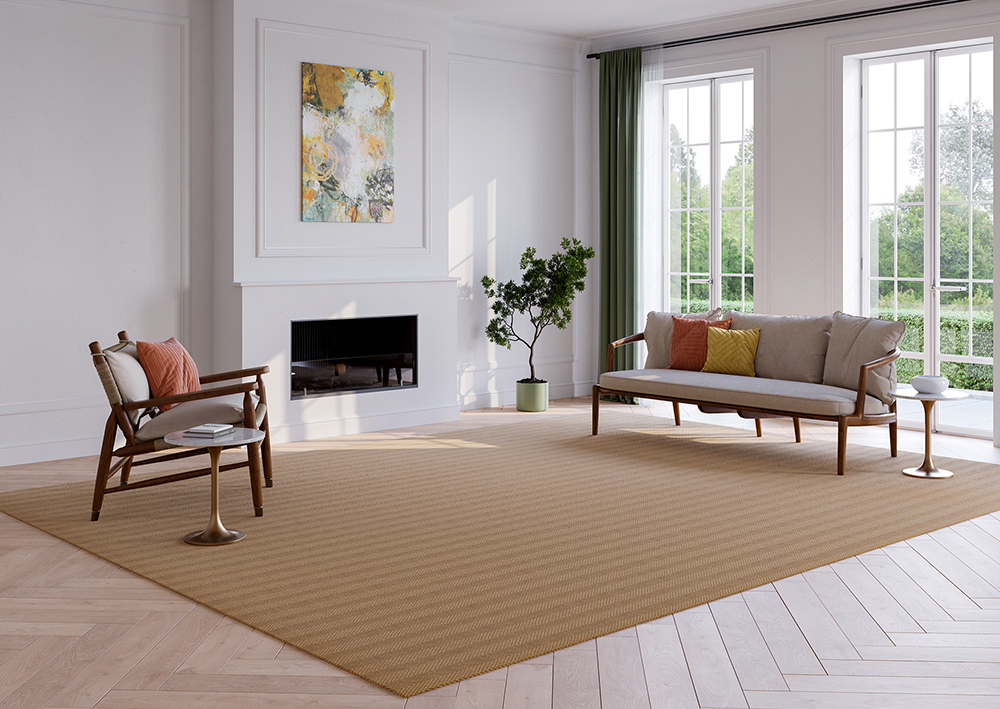
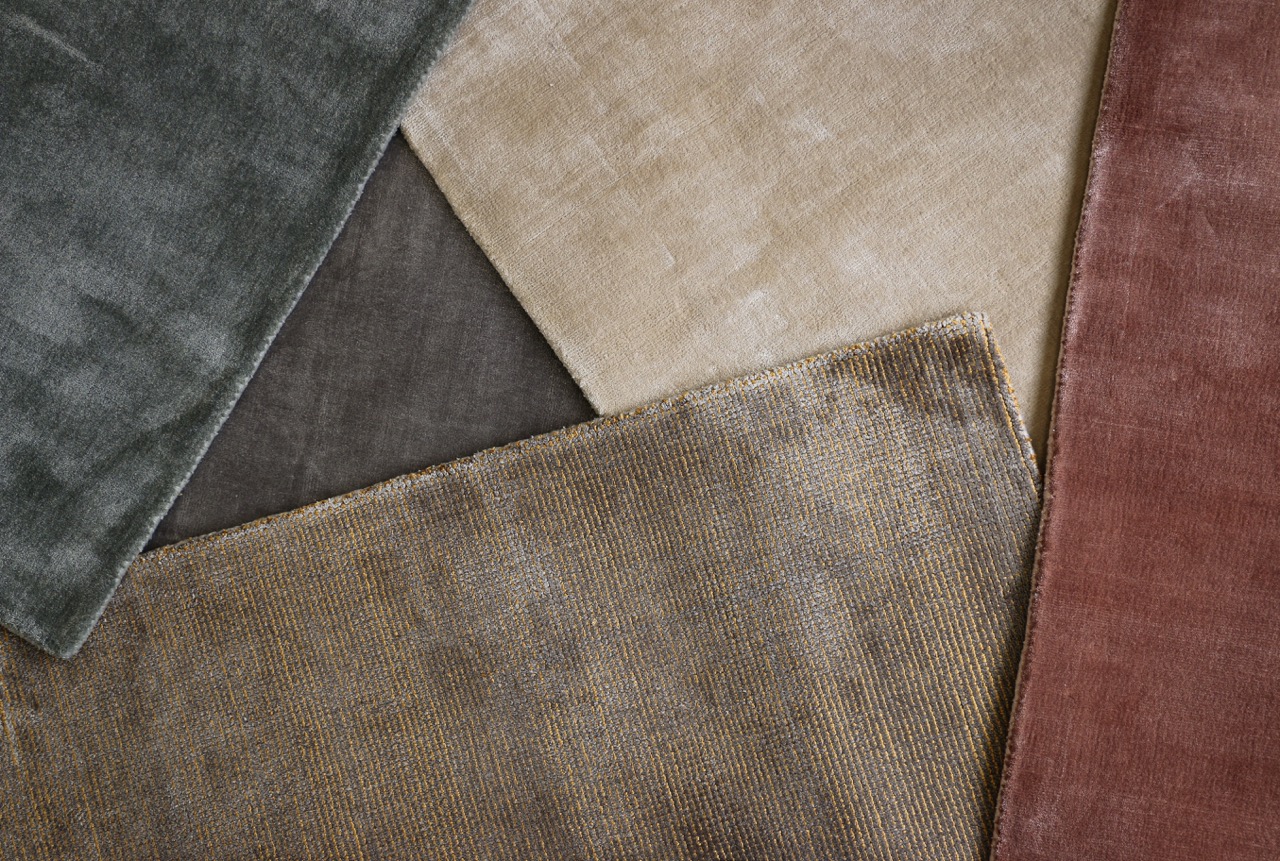
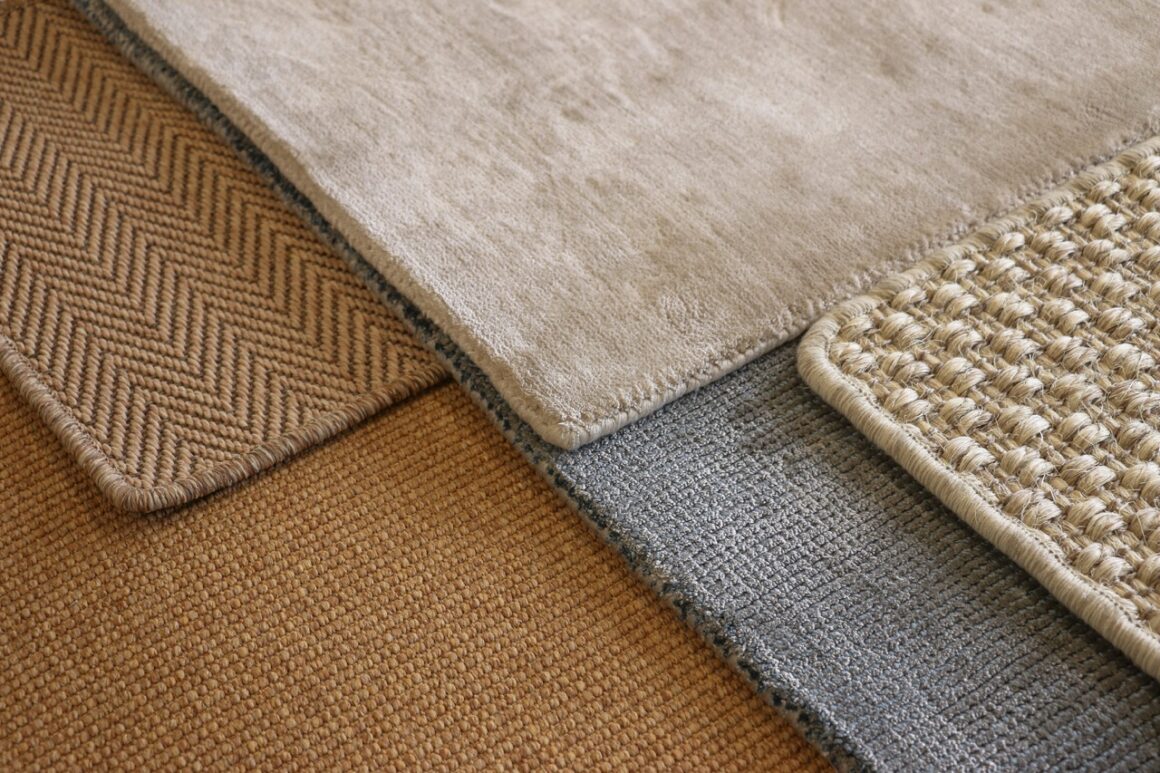
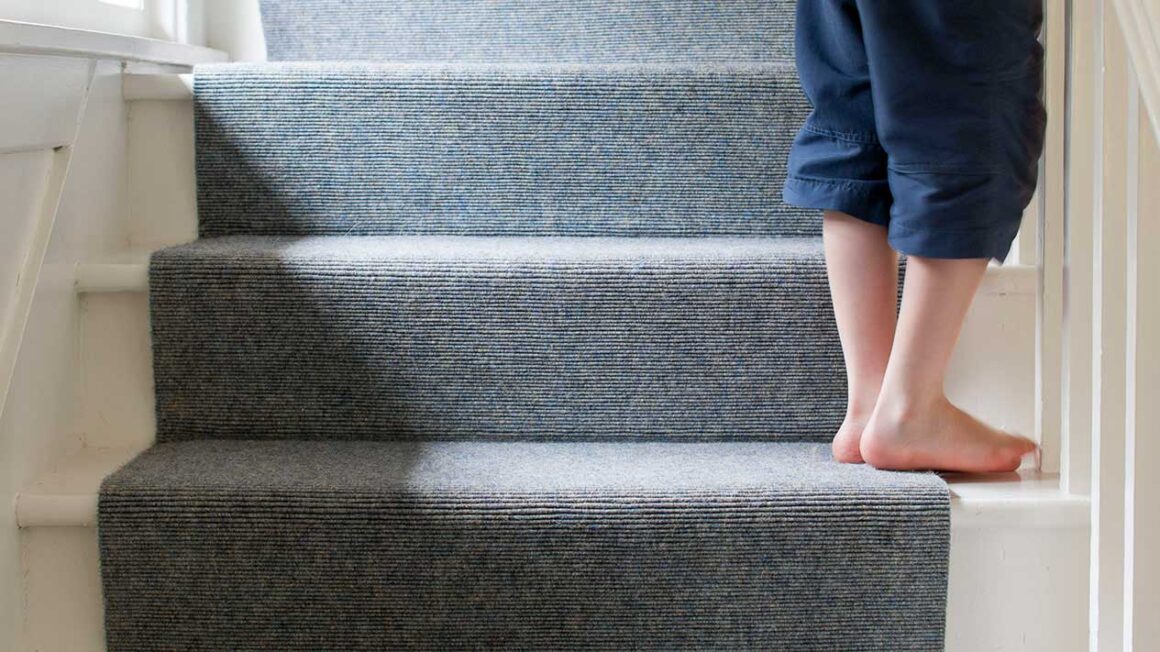
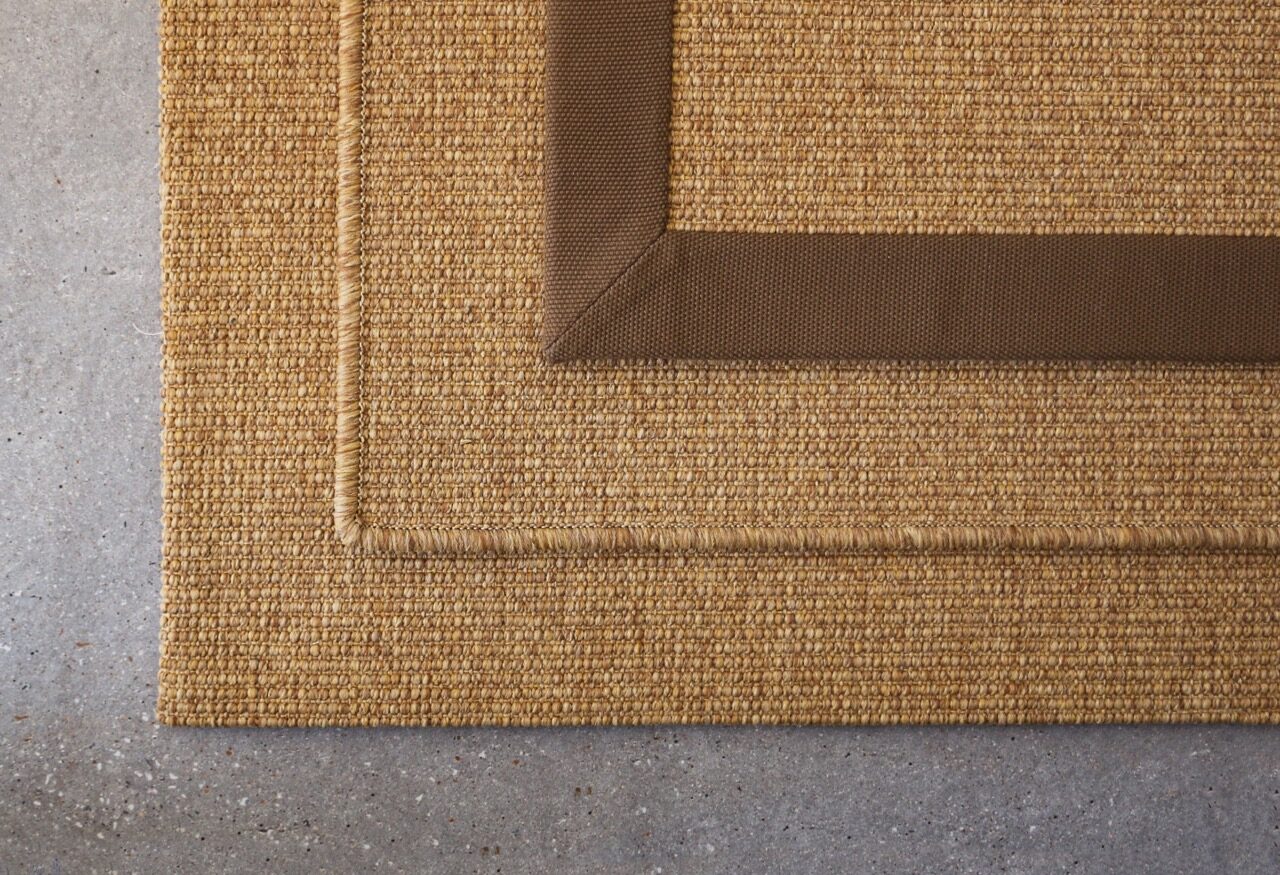
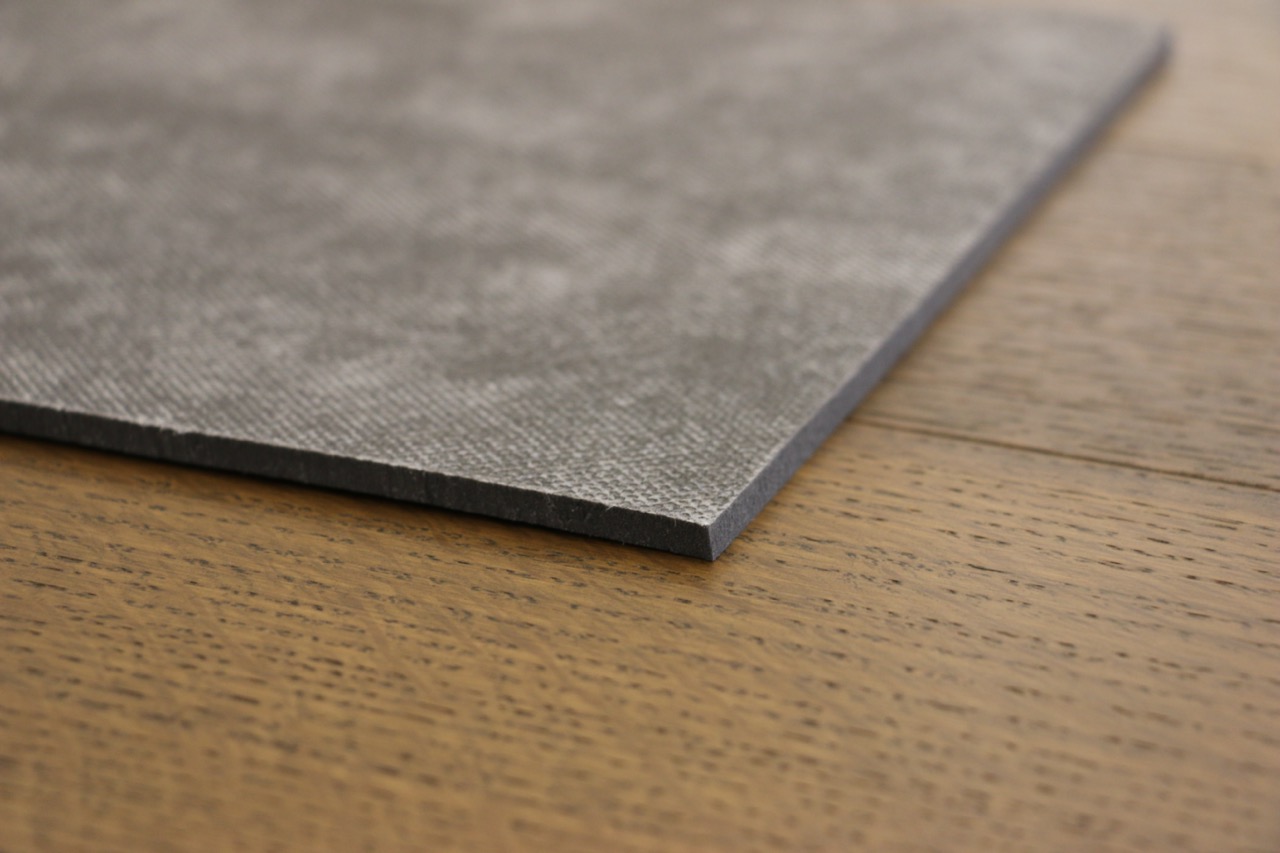
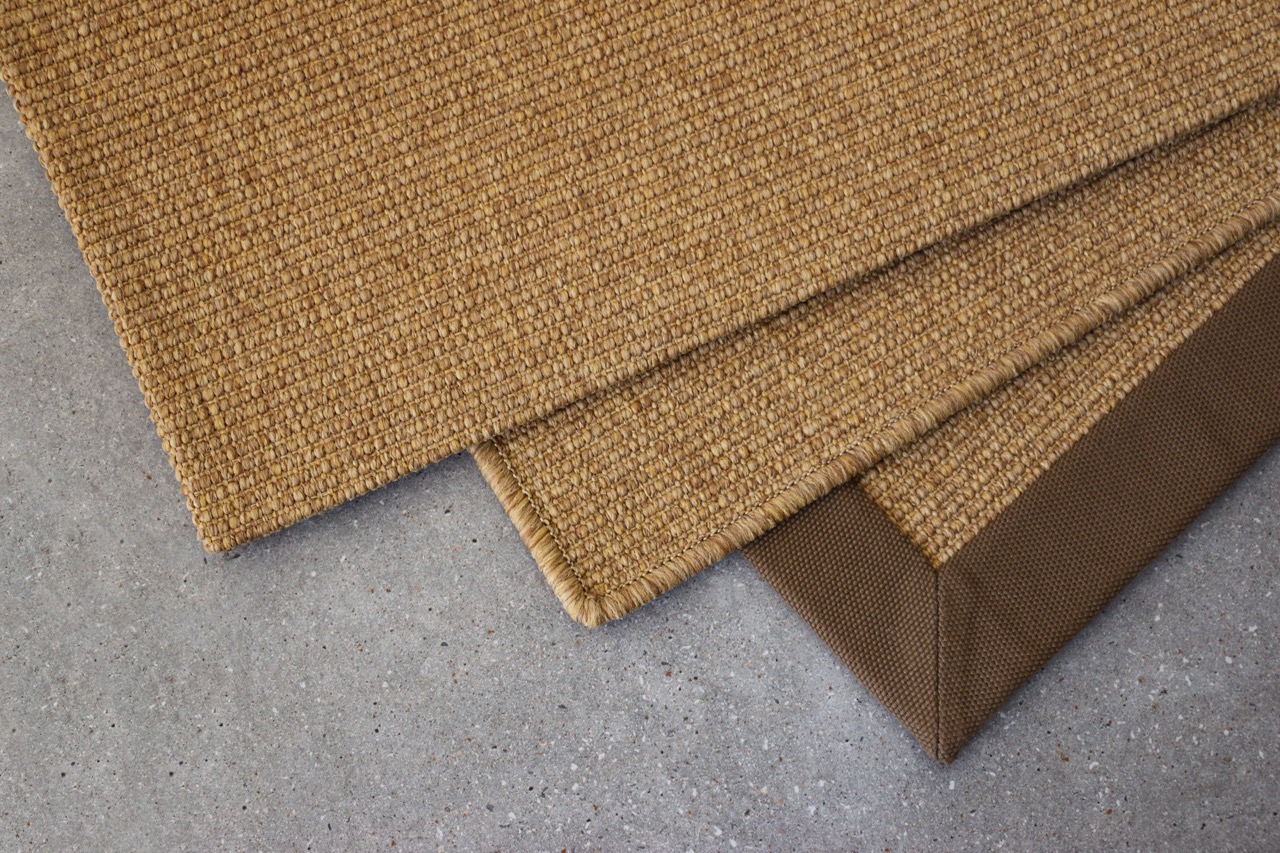
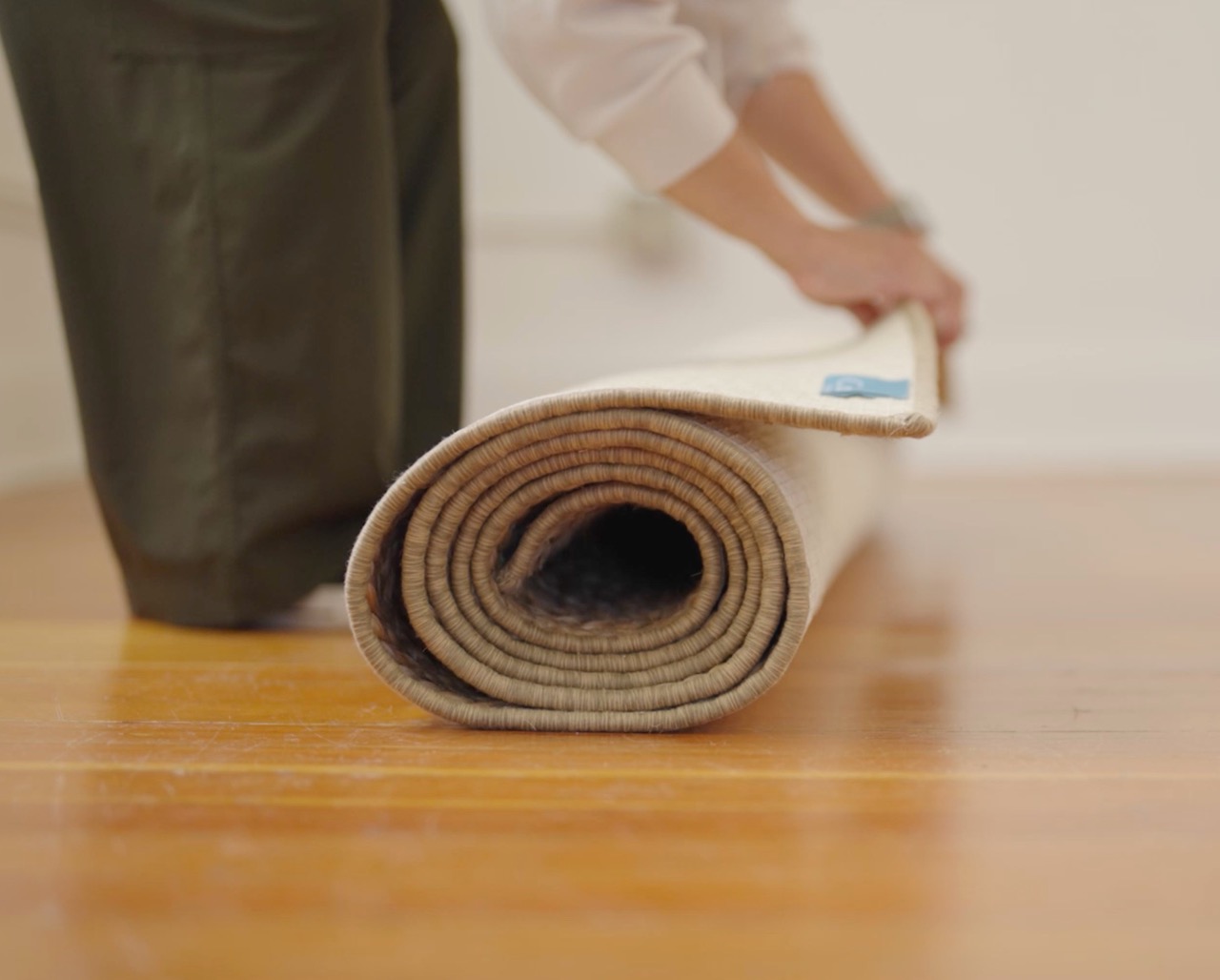
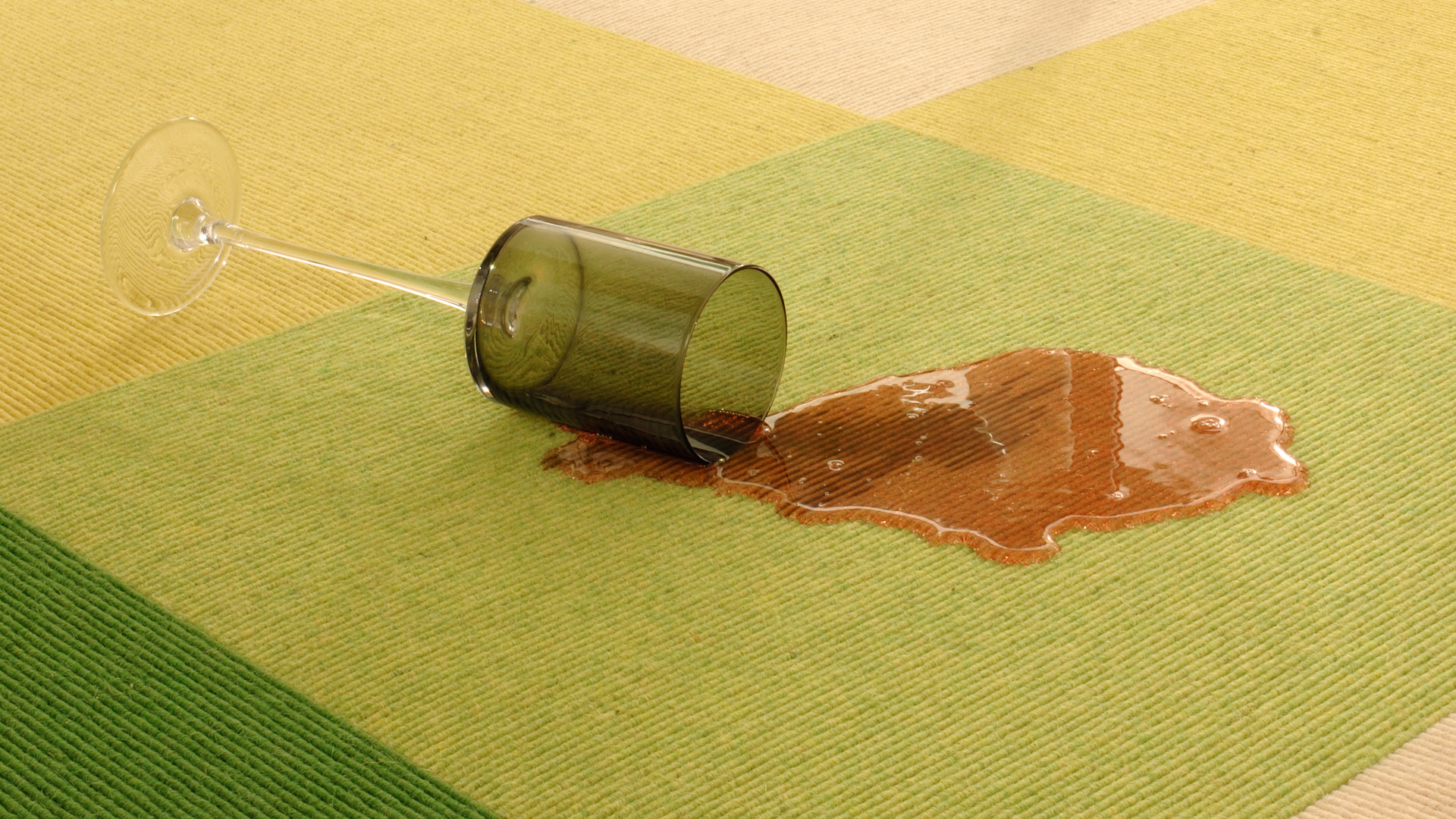
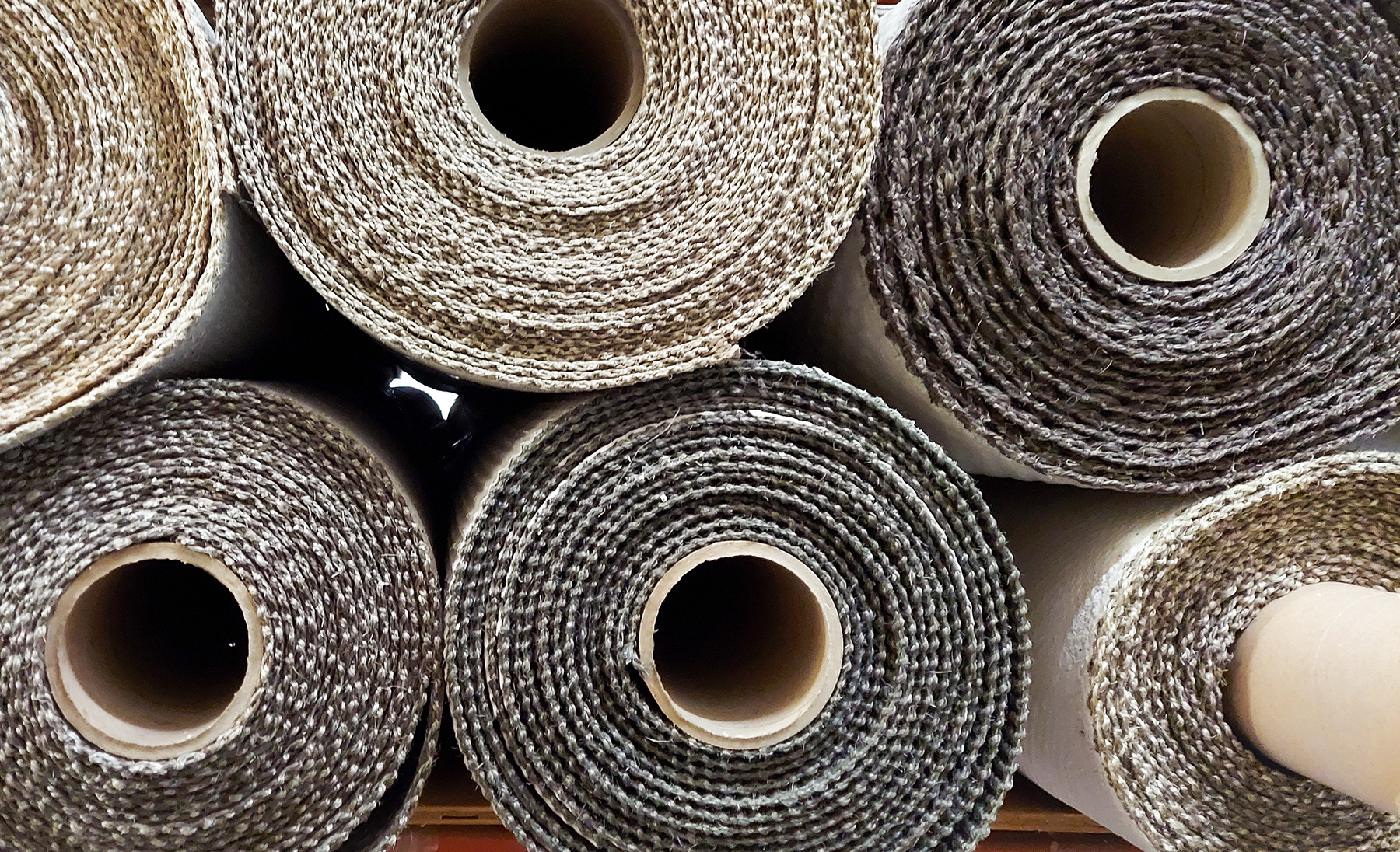

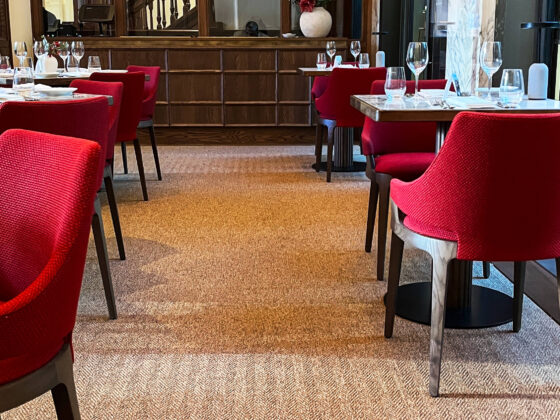
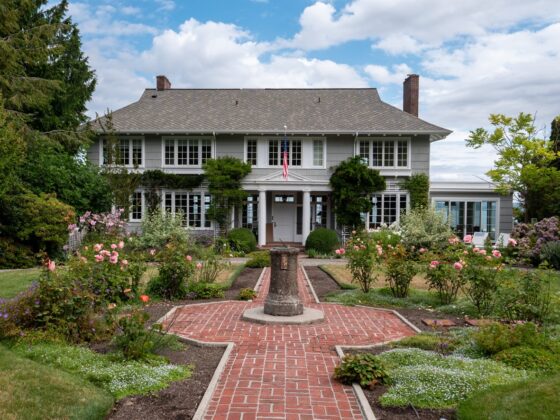
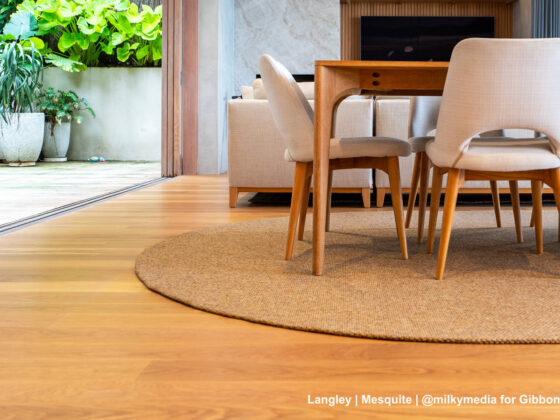
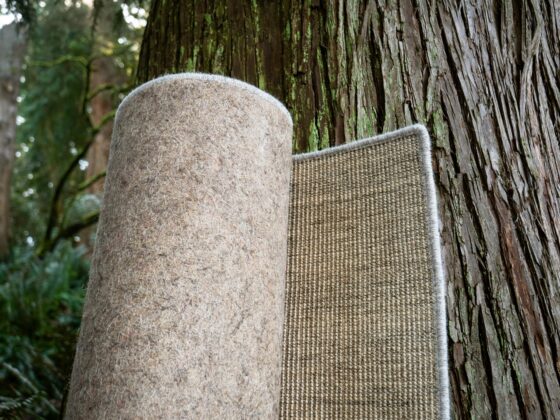
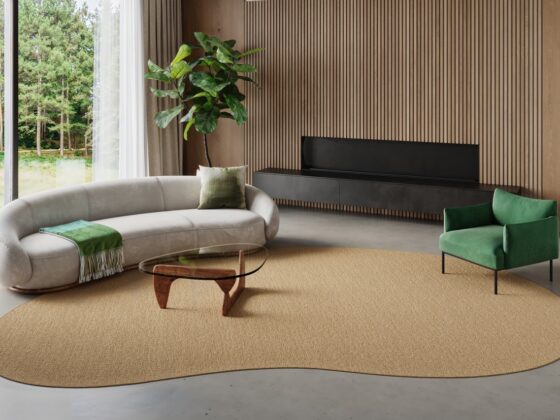
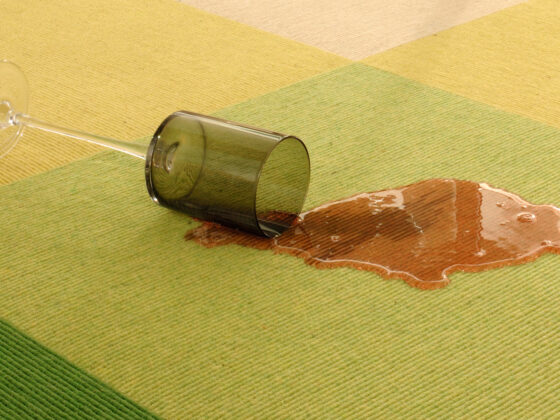
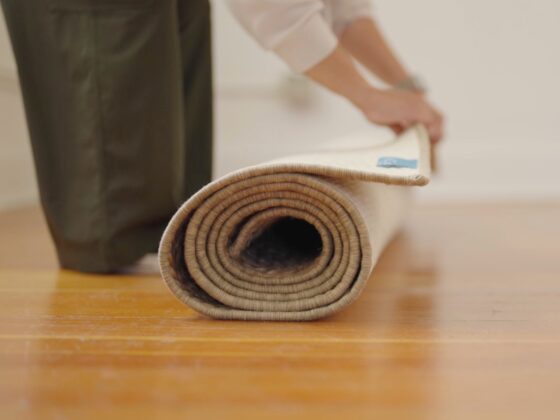
2 comments
Dear responder
How can I have a product catalog of Sisal?
regards
Thank you for your interest in sisal rugs and carpet products. We do not have a printed catalog for our sisal rugs, but we hope that our website sisalcarpet.com will help you in your research.
Thank You,
Christy